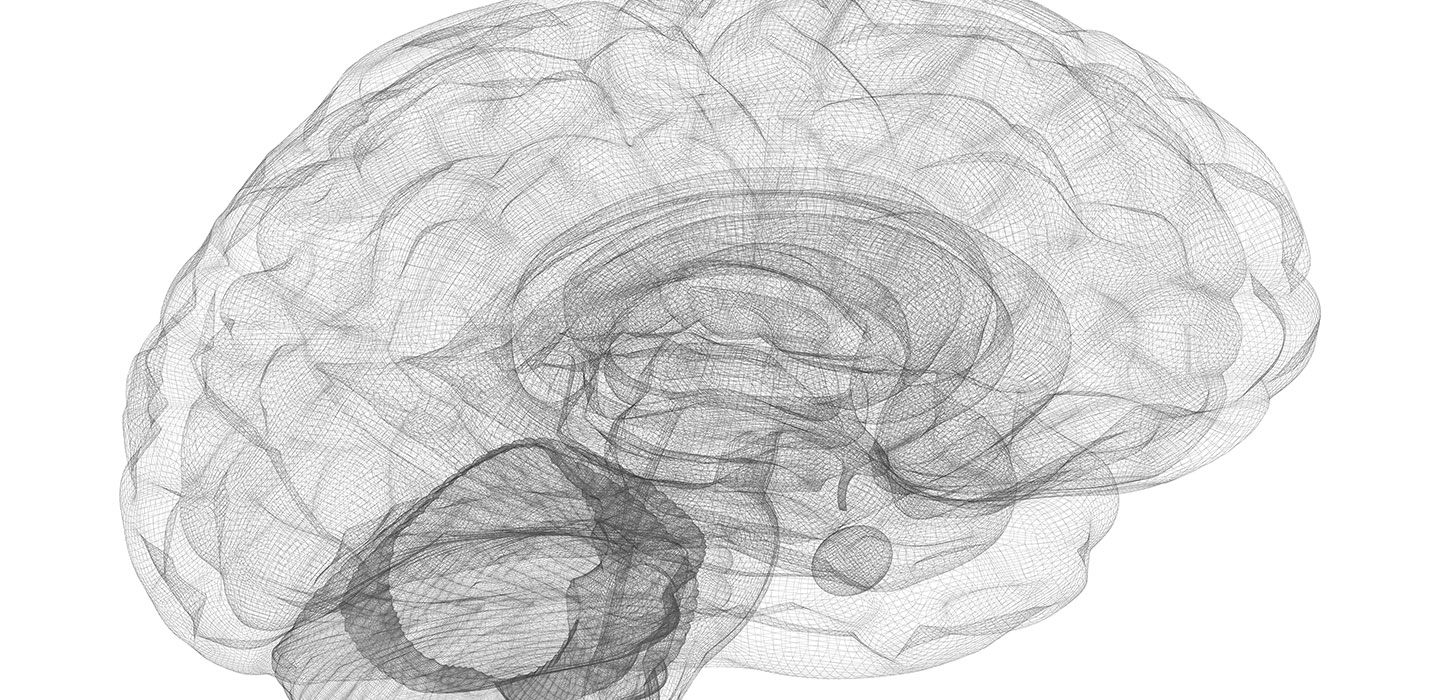Long-term Lithium Treatment May Prevent Shrinking of Hippocampus in Bipolar Disorder Patients
Long-term Lithium Treatment May Prevent Shrinking of Hippocampus in Bipolar Disorder Patients

In the first neuroimaging study of its kind, scientists show that long-term lithium treatment for bipolar disorder can positively influence the volume of the brain’s hippocampus in elderly patients. The findings suggest that lithium may protect brain cells in the hippocampus, a part of the brain that plays a central role in memory, including the formation of new memories.
Led by psychiatrist Homero Vallada, M.D., Ph.D., of the University of São Paulo Medical School, the study, published June 28 in Translational Psychiatry, was co-authored by psychiatrist Geraldo F. Busatto, M.D., Ph.D.
If these results are confirmed in further studies, the researchers write, “psychiatrists could prescribe lithium for a patient not only for its effect as a mood stabilizer, but also as a prophylactic medicine against cognitive decline and dementia in predisposed patients.”
The research team compared magnetic resonance images of the hippocampus in 30 bipolar disorder patients who had been taking lithium for an average of 61 months or longer; 27 patients who had not been taking lithium for an average of 45 months; and 22 people without bipolar disorder who had similar ages and socioeconomic backgrounds compared to the patient group. The people in the study ranged in age from 60 to 87 years old, and the patients had been diagnosed with their disorder for an average of 25 years.
Patients taking lithium had increased left hippocampal volume compared to patients not taking lithium, and decreased left hippocampal volume in those not taking lithium, compared to the healthy participants. The non-treated patients also appeared to have smaller right hippocampal volumes compared to both patients taking lithium and healthy participants.
Dr. Busatto and his colleagues say their findings indicate that lithium may have a neuroprotective effect, preventing neural loss in the hippocampus in bipolar disorder patients. Their study adds to the growing body of data showing decreases in hippocampal volume related to a number of psychiatric illnesses, including bipolar disorder and major depression.


